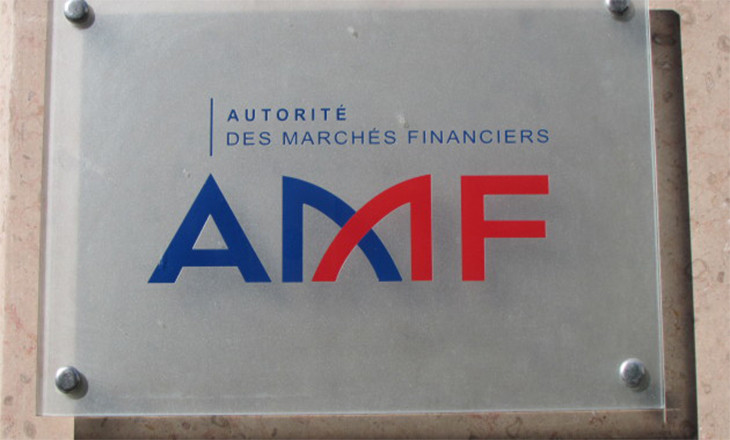The possibility of providing redemption gates, which is currently offered to funds of alternative funds, professional investment funds and real-estate collective investment undertakings, has been extended by a provision of the “Sapin II” bill. It is now up to the Autorité des marchés financiers (AMF) to determine the cases and conditions under which asset management companies may use these gates. The AMF is thus launching a public consultation on proposals for changes to its general regulation and its policy that will run until 30 December 2016.
Following the entry into force of the “Sapin II” bill and the AMF General Regulation, UCITS, professional investment funds, private equity funds (retail private investment funds, venture funds and local investment funds), professional private equity funds and employee investment undertakings may introduce temporary redemption gates, under exceptional circumstances and if the interest of the unit holder or of the public so require. The AMF is consulting on the conditions under which asset management companies could use these gates.
It is proposed that the General Regulation:
- specifies the situations that will enable the gates to be activated;
imposes the principle of capping redemption requests in the same proportions for all unit holders; - prohibits any right of priority granted to a unit holder whose order will have been gated and then presented again at the subsequent net asset valuations;
requires asset management companies that decide to activate the gate to inform the AMF and the unit holders; - defines criteria to take into account when defining the threshold for triggering the gate;
- requires asset management companies to determine a priori a maximum duration for using the gate.
In addition, the AMF is looking to consult on the content of a new instruction on the practicalities of implementing these redemption gates in the same funds.
These new rules will not apply to caps already used by funds of alternative funds, professional investment funds and professional specialised investment funds.
Lastly, the AMF proposes to expand its policy on the conditions for applying gates in real-estate collective investment undertakings marketed to non-professional investors, by imposing, under normal conditions, a minimum redemption threshold.
